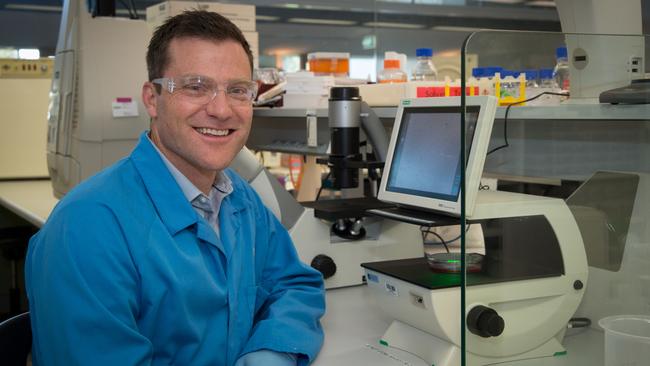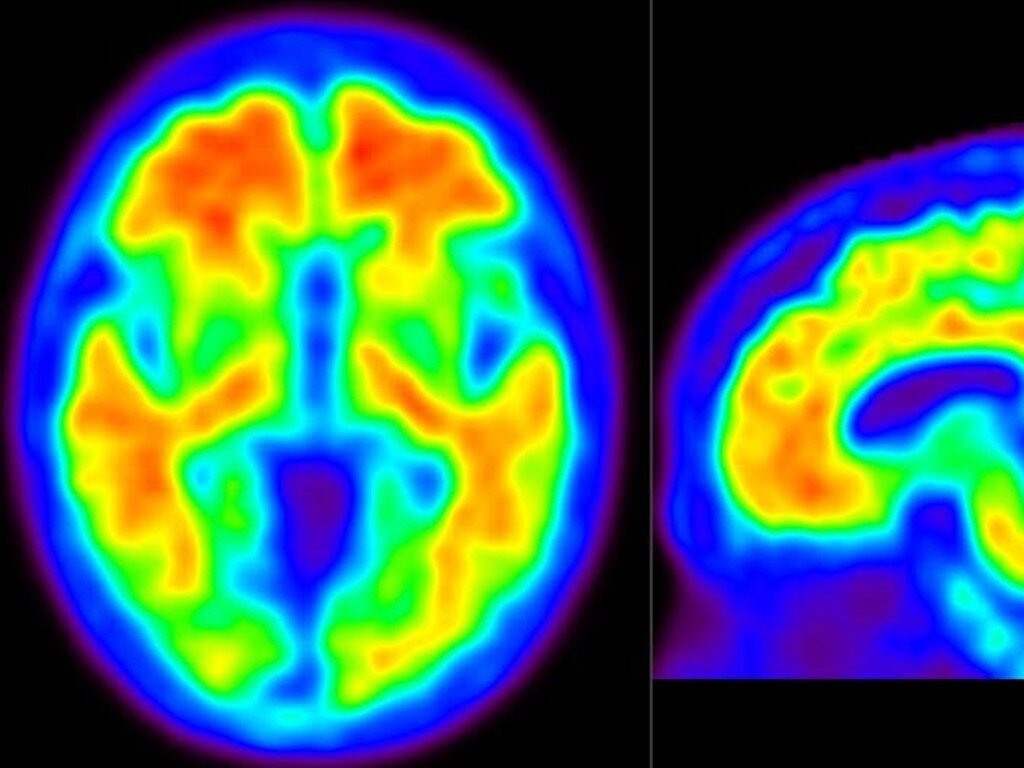Key to heart disease in obesity unlocked
Scientists have unlocked the key to why people with obesity experience heart failure, opening the way for new treatments.

Scientists have unlocked the key to why people with obesity experience heart failure, opening the way for new treatments.
The research has uncovered the link between obesity and the protein molecule amyloid beta, a molecule previously implicated in Alzheimer’s disease, which has been found to accumulate in the mitochondria cells of the heart.
Mitochondria are the powerhouses of the body’s cells that generate energy, and when amyloid beta builds up in these protein molecules, it impedes the heart’s ability to pump blood, potentially causing heart failure.
Obesity-induced heart disease, which affects up to 10 per cent of the population in certain age ranges, is considered an untreatable condition and 75 per cent of people don’t survive more than five years beyond diagnosis.
“We’ve known a lot about the role of this protein in the development of Alzheimer’s, but this is really the first time that it’s been linked to any other disease,” Professor of Medical Biology at Deakin’s School of Medicine and the Institute for Mental and Physical Health and Clinical Translation Sean McGee said.
“To this point, it was thought that the negative effects of amyloid beta were restricted to the brain. We really don’t understand a lot of the biology that underpins obesity-induced heart failure and that’s been a real impediment for therapy development.
“So identifying that this protein is involved is quite significant from that point of view.
“There’s been a lot of therapies used for Alzheimer’s that target and block this protein so we can now look to rapidly repurpose some of those drugs.”
The scientists found that the amyloid beta protein was released into the blood from fat tissue, winding up accumulating in the heart and especially those cells of the heart cells that produce energy, impairing the heart’s ability to make energy.
“Because the heart uses so much energy to pump blood, this really impacts how the heart functions,” Professor McGee said. “This ultimately leads to heart failure, which is a devastating diagnosis with poor survival rates.”
The findings of the study are published in the journal Nature Communications.
Professor McGee said that based on the findings, it would be possible to move directly to clinical trials of some existing therapies in patients with heart disease, reducing the drug development process by about 10 years.
“As amyloid beta is linked to Alzheimer’s disease, there are numerous therapies and drugs that have been developed in recent years,” Professor McGee said.
“Many of these therapies were very effective in blocking the effects of amyloid beta and were safe in humans, but most failed to effectively treat Alzheimer’s disease for various reasons.
“So we treated obese mice with one of these developmental Alzheimer’s disease drugs, and confirmed that it did indeed prevent the progression of cardiac disease. This tells us these amyloid beta-blocking drugs that have been developed for Alzheimer’s disease could be immediately repurposed for obesity-induced heart disease.
“Given these therapies already exist and have been safety tested in humans, it would be feasible to move directly to clinical trials in patients with heart disease.”






To join the conversation, please log in. Don't have an account? Register
Join the conversation, you are commenting as Logout